Gardens
Gardening and landscape design ideas to help you make the most of your outdoor living space.
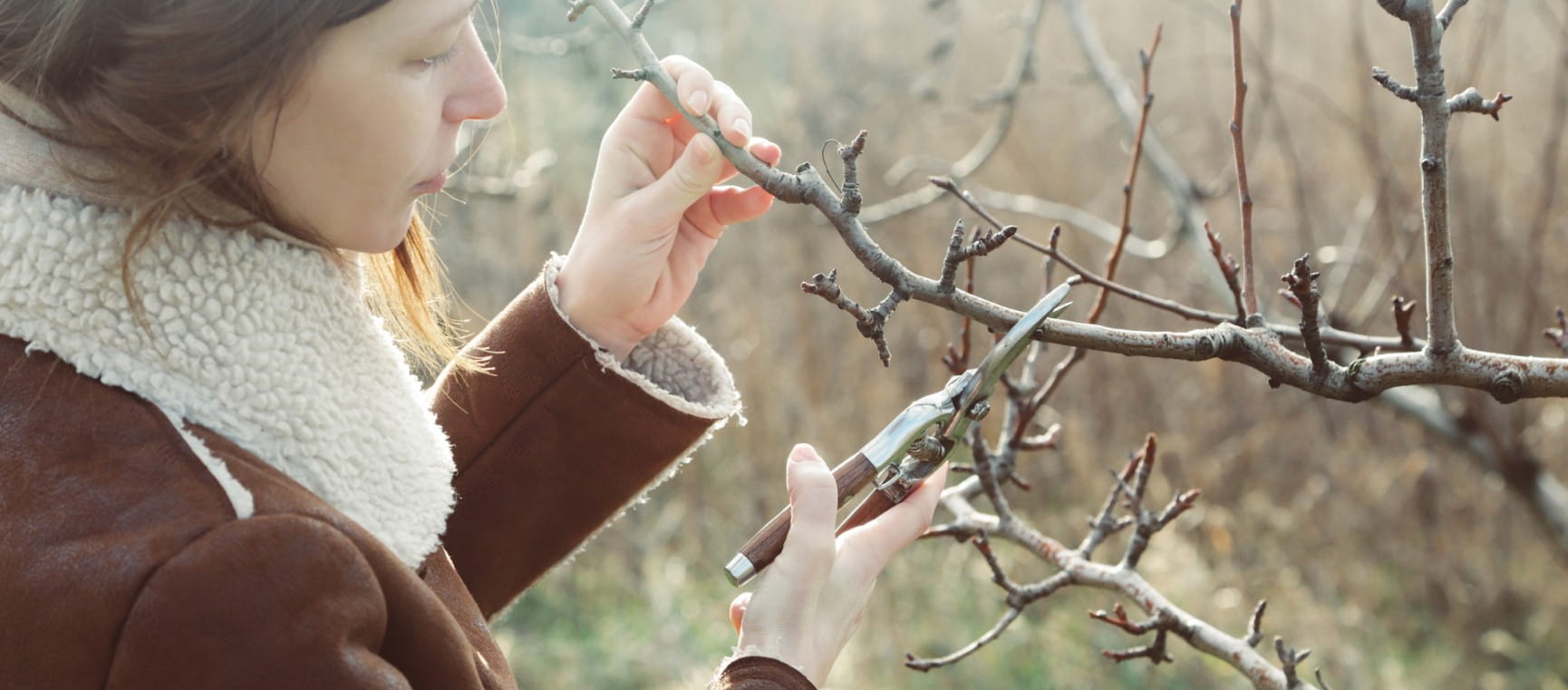
Jobs for the garden in January
January isn't a time to put your feet up if you want to get ahead in your garden.
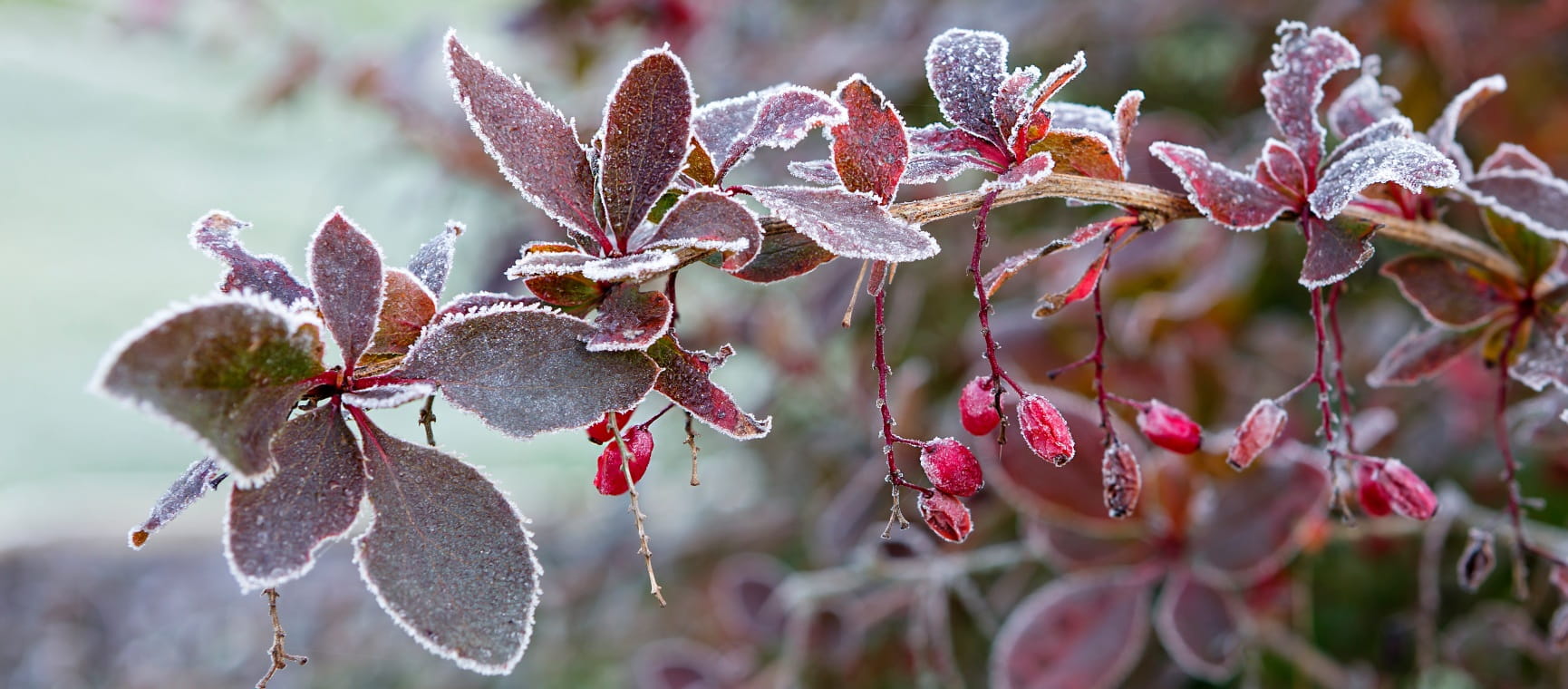
How to give your garden containers some winter sparkle
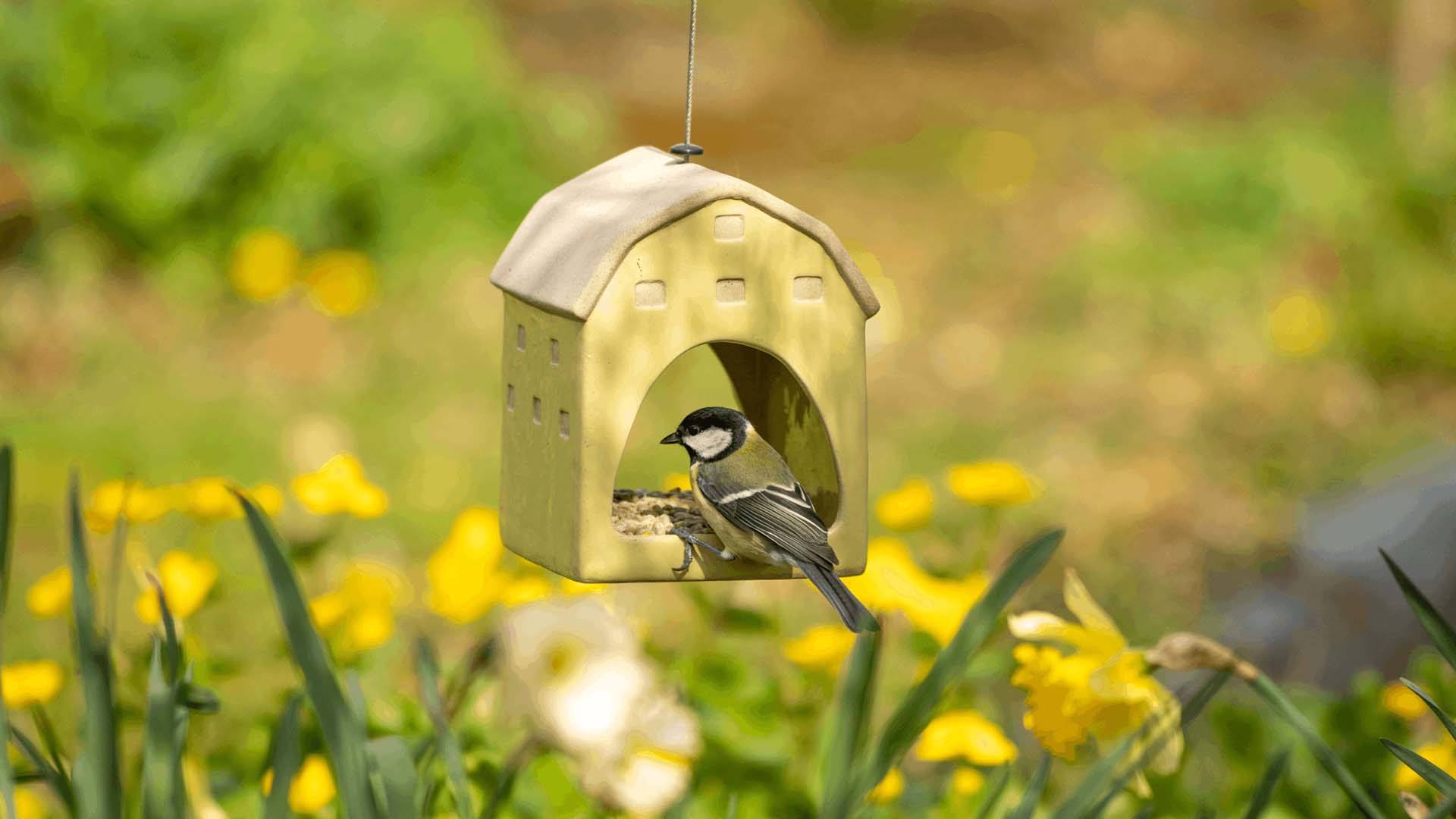
6 bird feeding mistakes you're probably making - according to experts
Don’t make these bird-feeding mistakes. Expert advice on how to feed birds in your garden safely.
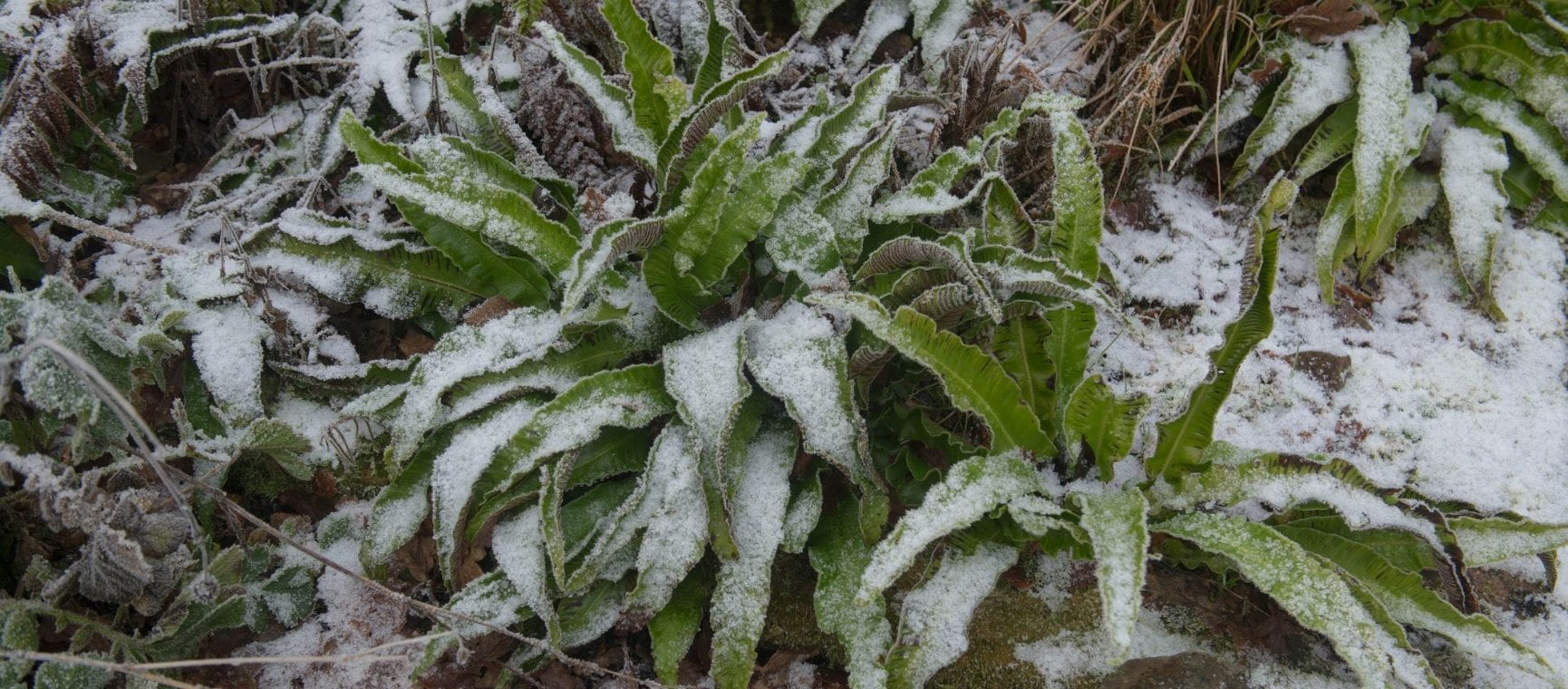
The best ferns for winter interest
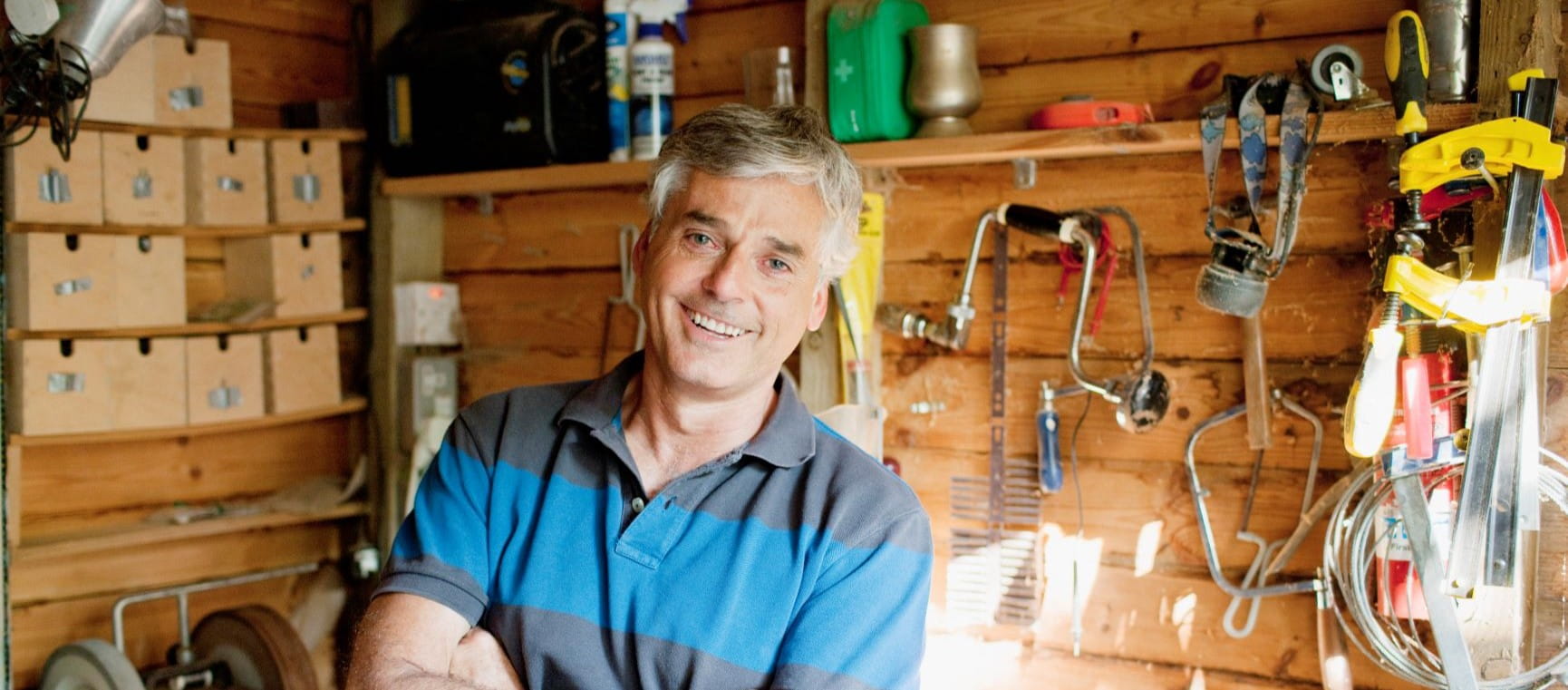
Give your garden shed a winter tidy - 5 steps to clean and declutter
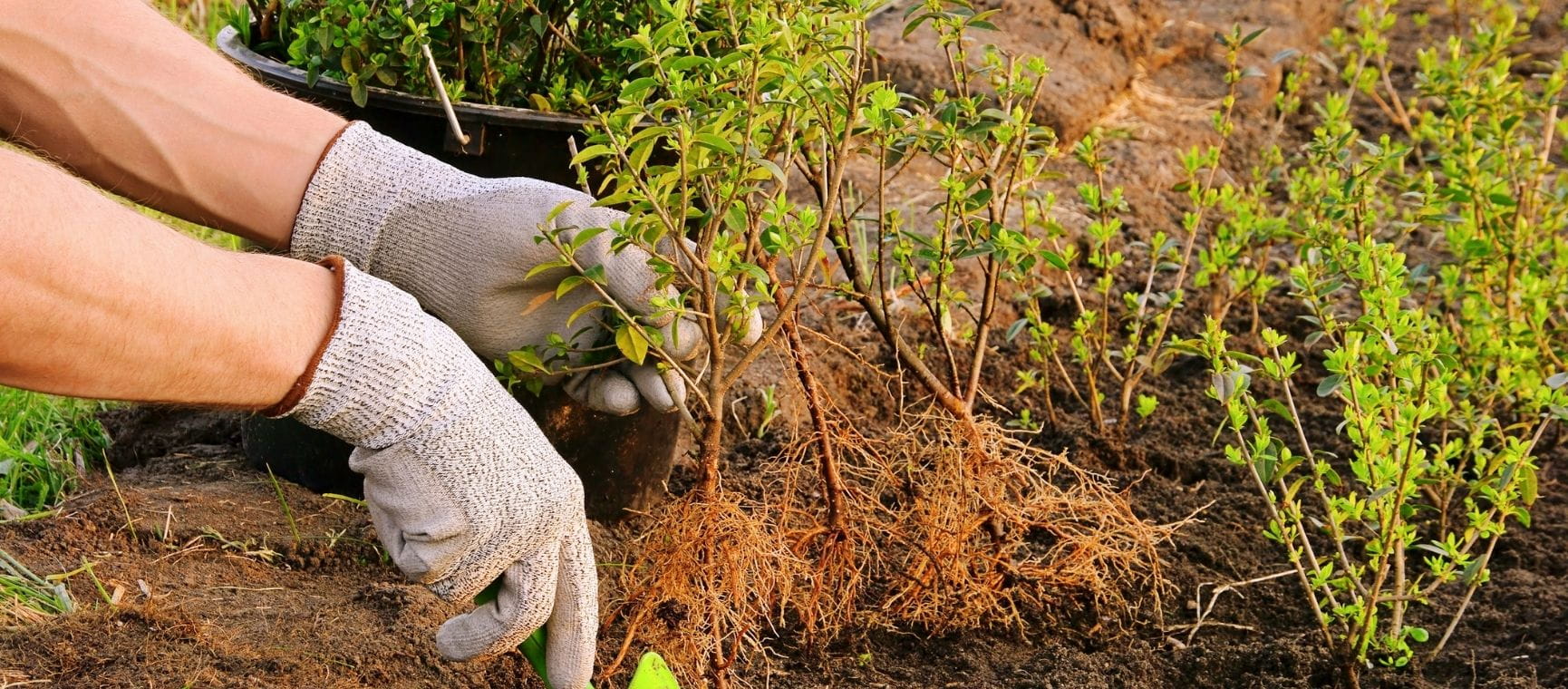
How to plant bare-root roses, trees and hedging
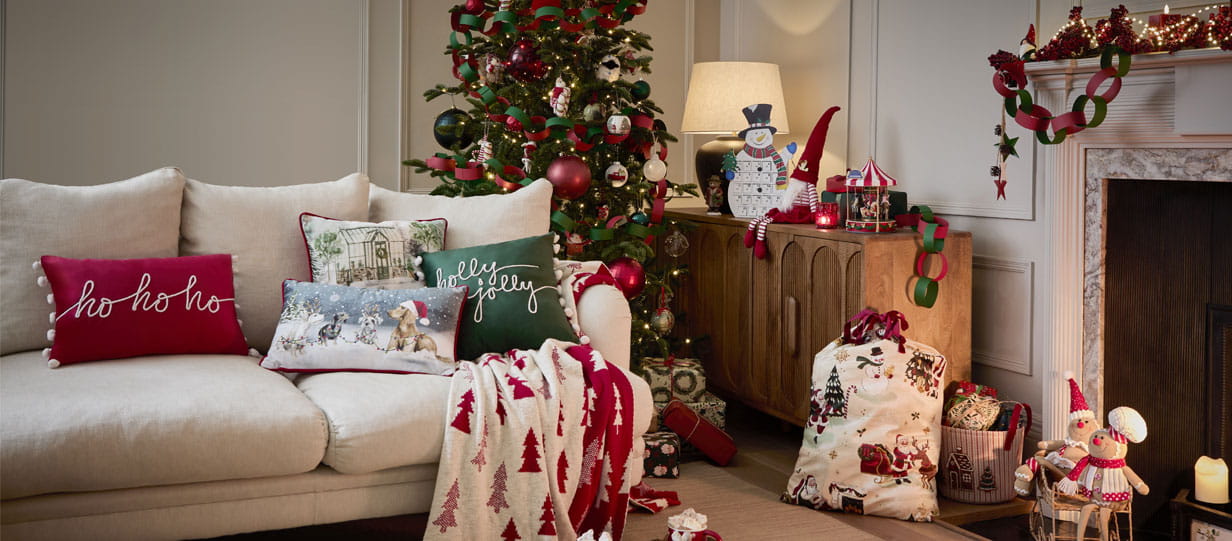
Win a £500 gift card for Dobbies Garden Centres
Bring home some festive magic with our competition to win £500 to spend at your local Dobbies Garden Centre.
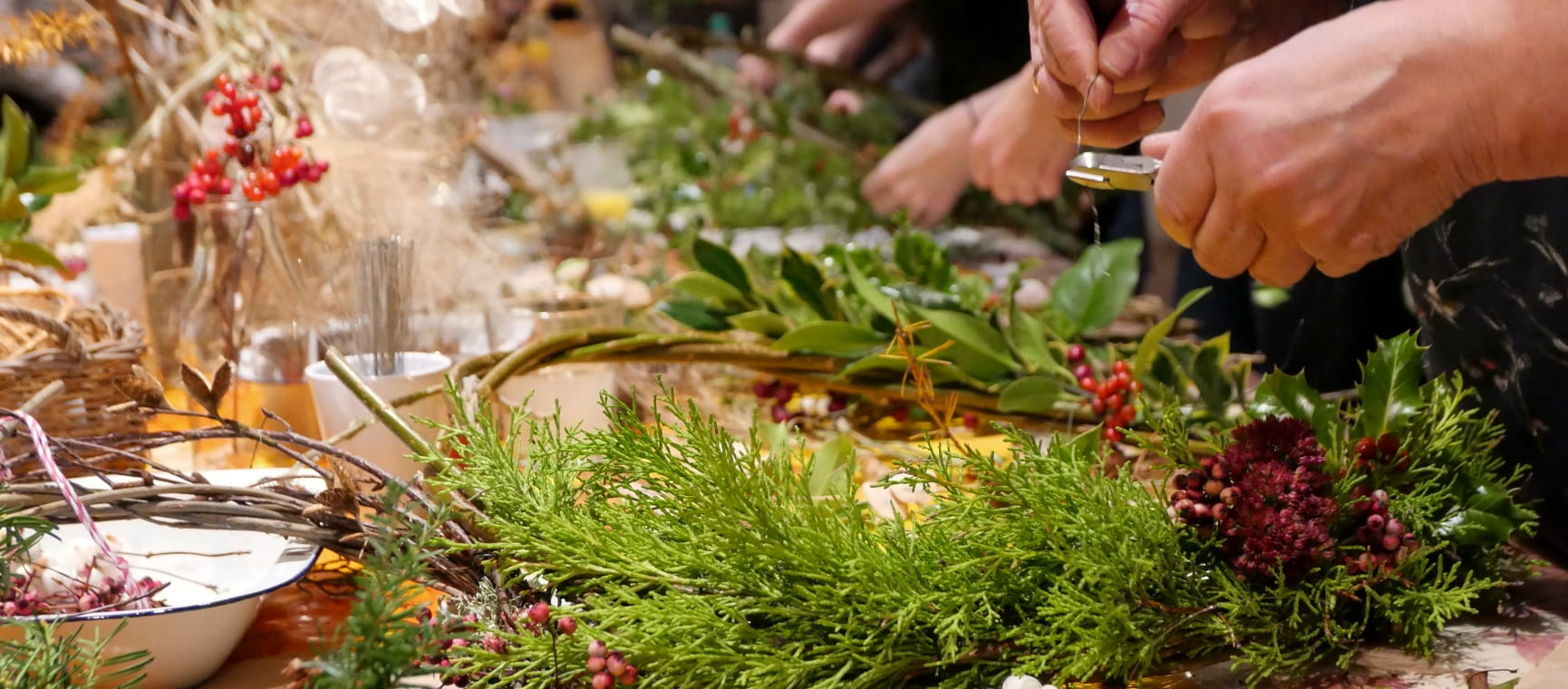
Christmas decorations from your garden

Jobs to do in the garden in December
Enjoy the festivities, but take some time out to keep on top of essential garden jobs in December.
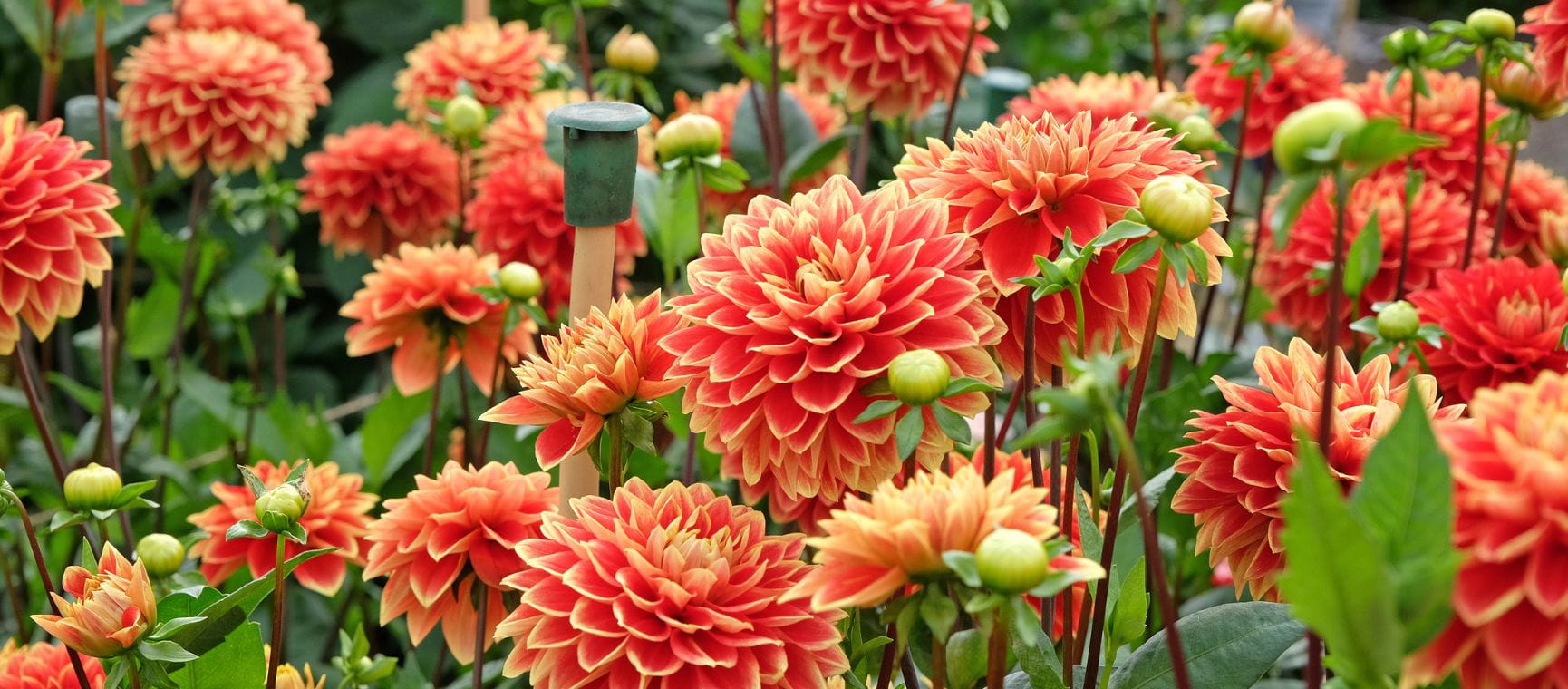
How to store dahlias in winter
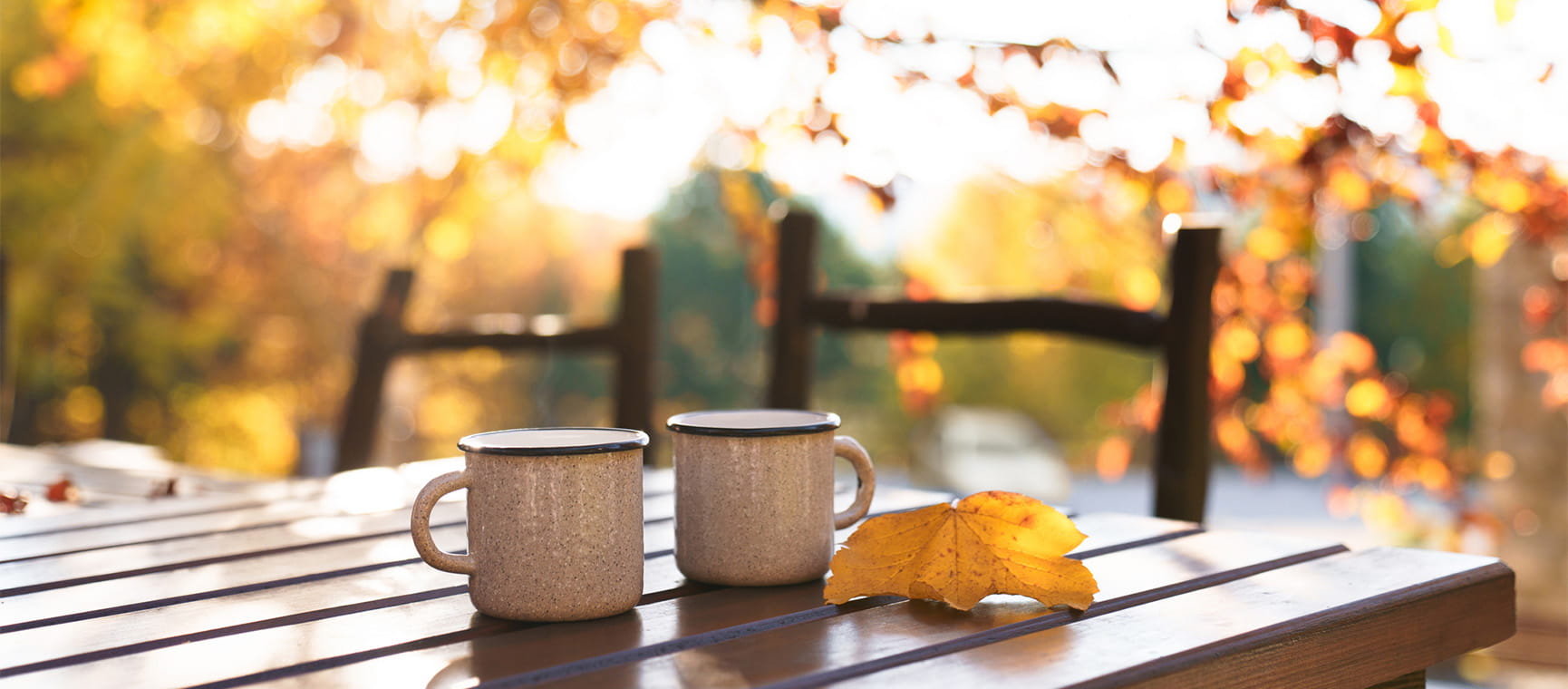
Jobs to do in the garden in November
As fireworks light up the sky, enjoy an explosion of colour on the ground too, with November delivering a sparkling finale to the season.

The best winter-flowering perennials for colour and scent

Jobs for the garden in January
January isn't a time to put your feet up if you want to get ahead in your garden.
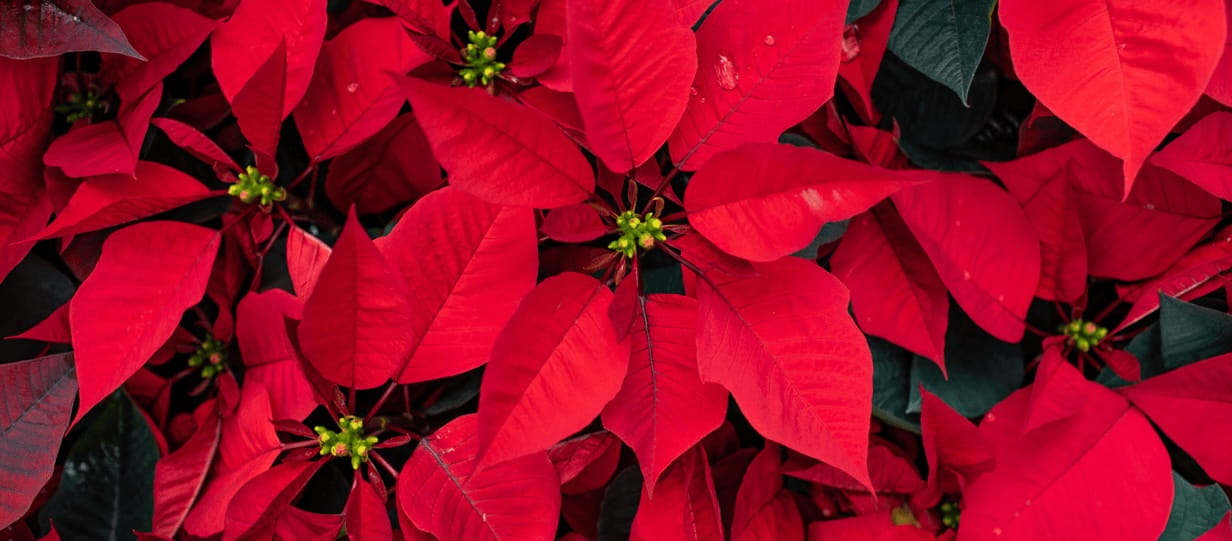
How to care for your poinsettia

For a limited time, enjoy 3 issues of Saga Magazine for just £1. Receive the next 3 print editions delivered direct to your door, plus 3 months’ unlimited access to the Saga Magazine app—perfect for reading on the go.
Don’t miss your chance to experience award-winning content at an exceptional price.
Play our free daily puzzles
Beat the boredom and exercise your mind with our selection of free puzzles.



